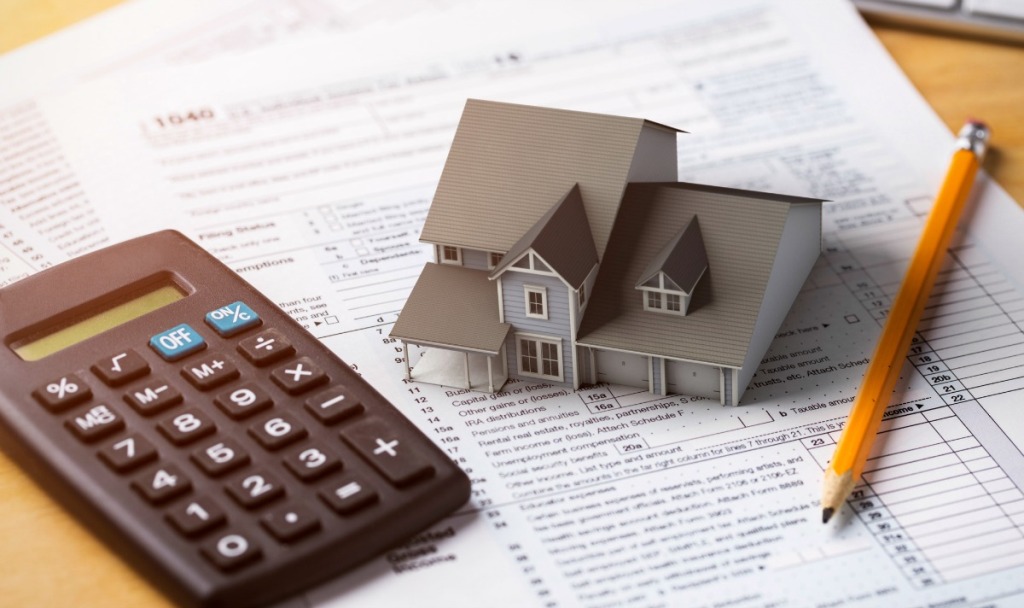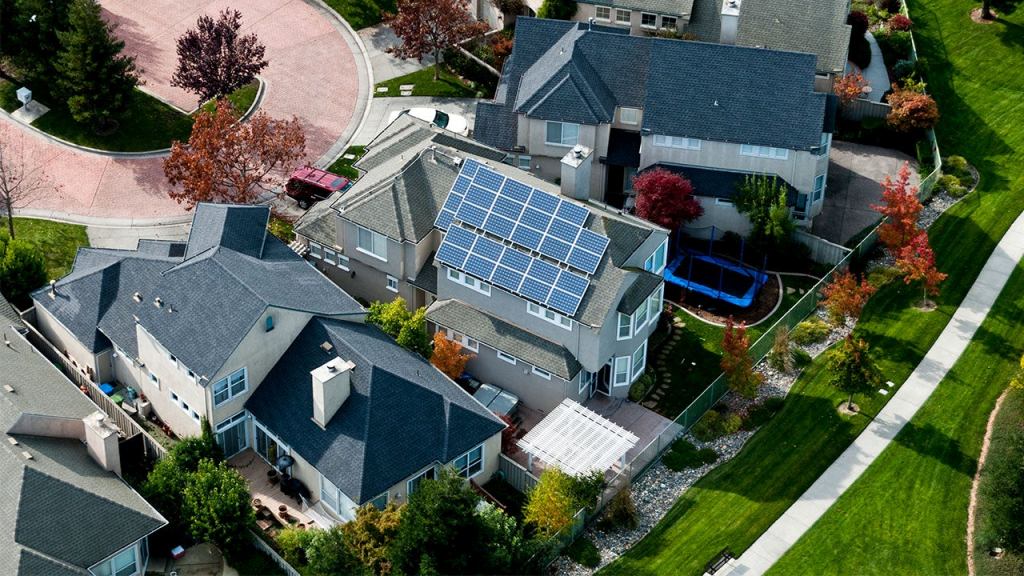The decision to buy a house is both exciting and full of questions and worries at the same time. If we are talking about your first house, the level of unknown factors is even higher. While it is a great deal to finally settle somewhere and have a place to call your own, making the right choice can influence your future a lot. You can end up loving your home or you may regret the choice you made if a multitude of problems arises. Thus, here is a list of tips and pieces of advice for all those that are looking to purchase their first house.
-
Save for the down payment in an early manner

These days, there are special programs for first-time homebuyers that have rather small down payment percentages. However, these down payments are required, so you need to have a certain amount of money set aside before making the purchase. Also, the bigger your down payment is, the smaller will be the amount of money loaned from the bank for your home. So, while banks require a minimum, which can range anywhere from 3% to 20% of the value of the future home, you can provide a more consistent down payment if possible and minimize your mortgage. Thus, it’s best to start saving for this down payment in an early manner. This way, when you’ll need to make the payment, you’ll have the possibility to do so. Even if you don’t spend all your savings on a down payment, you can use the rest to renovate or decorate your new home.
-
Check the market and available offers in your area of interest
Properties, regardless of their type, have their value influenced by their location, among others. So, if you want to have a clearer view of what you can get for your money, in the area where you intend to purchase a home, you need to use reliable sources. You can check out these townhouses and condominiums for sale and narrow down your search based on the desired location, number of bedrooms, or price. Knowing how the market goes will allow you to plan and prepare for the down payment and requirements related to the loan you need to complete the purchase.
-
Check out options related to down payment and mortgage

When you’re looking for a loan that will help you buy a house, don’t settle for the offer made by one single bank. Do some research and get offers from several banks and lenders, and keep an eye for special programs meant to help first-time homebuyers.
You may find better conditions or options that will favor you better if you spend some time to check out several offers. Also, do make sure you understand all the requirements and obligations you have before signing a mortgage contract. Although no one wants to think about it, you need to have sufficient knowledge so you’ll know what can be done in case you can’t pay the mortgage one month, for example.
-
See how much you can afford to loan
It can be easy to dream about a house when you know you can loan the money needed for its purchase. But you should know that there are certain values you will be able to loan. Loans are not made to be indefinite, so there are criteria you need to meet to obtain a loan. To keep things on the realistic side, see just how much you can afford to loan.
This will give you a clearer view of the house you will afford purchasing, in the end. Ideally, you should not stretch too much and seriously think whether you will be able to pay the set mortgage during the period agreed in the loan contract. So, use calculators and do some preliminary assessments to see just how much you can afford, without turning the future mortgage into a financial burden.
-
Verify your credit history and make improvements if necessary
Saving for a down payment is not the only operation you should start as early as possible. Obtaining information about your credit history and starting to take action to improve it is also recommended. Your credit history will have a significant impact on your chances to get the loan you need for home buying.
If you have debt, you should do your best to cover it or, at least, keep it up-to-date, so you won’t fall behind as this is bad for your history. Also, after applying for a mortgage, it is highly recommended not to open any other loans, including credit cards, to prevent your score from going down. You should not loan any other sums of money until you’ll manage to close the mortgage.
-
Take a good look at the mortgage rates you receive

When inquiring for a mortgage, you’ll get a quote reflecting the mortgage rate a certain bank or lender can offer. This is why you should check the offer of several banks and lenders, to see which one can provide the best rate. You should get at least three different mortgage rates, from three different financial institutions, in order to make a comparison. Doing so can help you save a good amount of money, as you can find better rates for the same amount of money you’re looking to obtain.
-
Come up with a list of priorities when shopping for a house
The offer on the real estate market can be overwhelming, as the houses you will find are diverse and each has its charm. So, to make the best choice in your case, write down a list of priorities. What are the most important criteria your future home should respect? Would you like it to be close to a school? Would you like to find shops in its proximity? What about the neighborhood? It is a safe and family-friendly one? How far away are you from work and how long will your commute take? Are you planning to expand your family? As you can see, there are quite a few aspects that may be important when choosing a home. Determine what are the most important to you and bear them in mind when shopping for a house.






